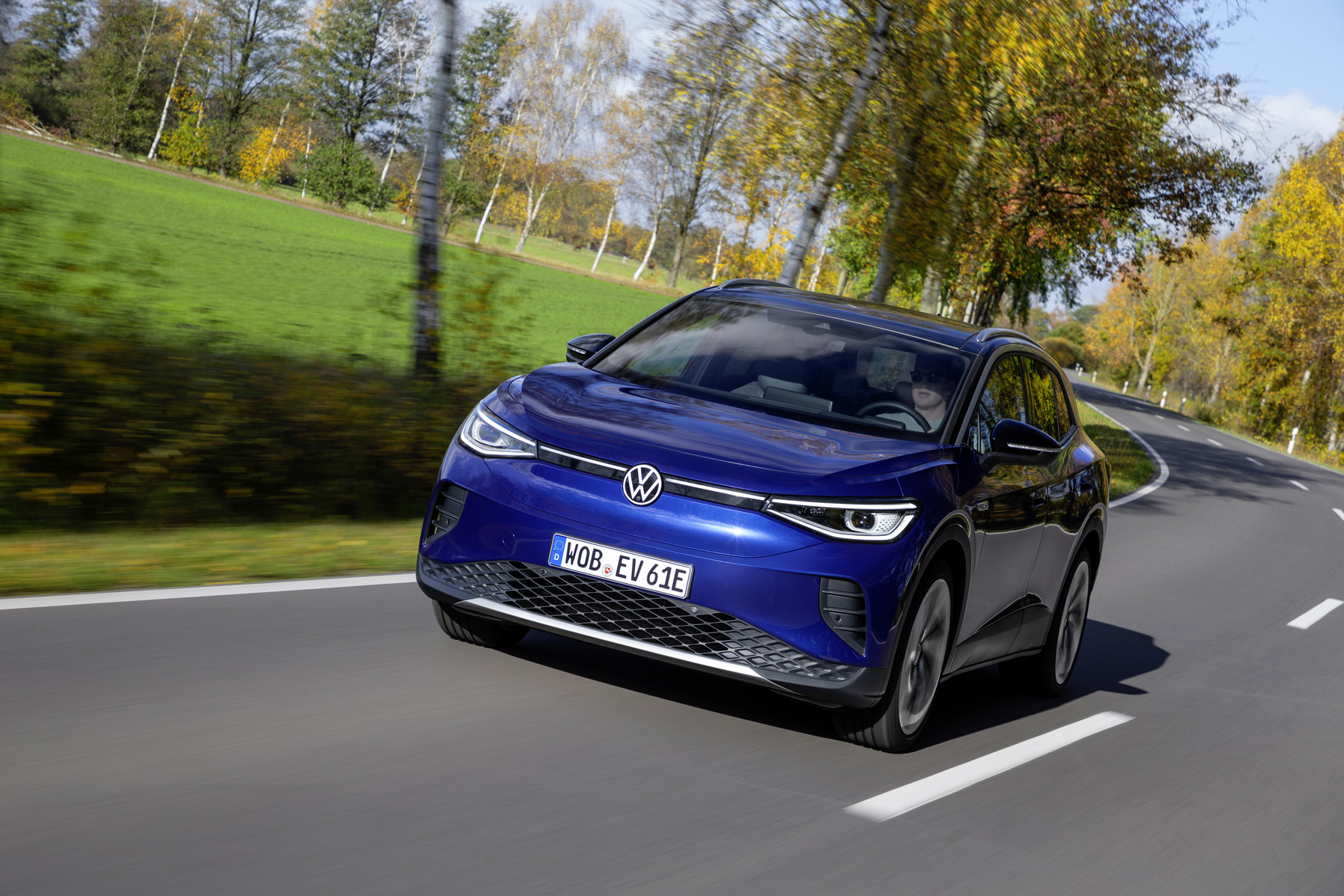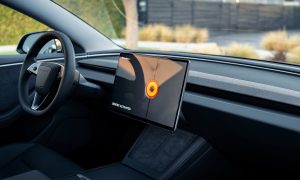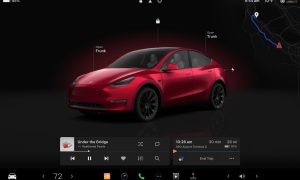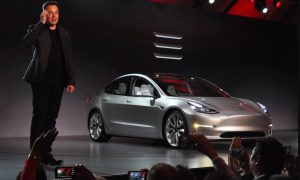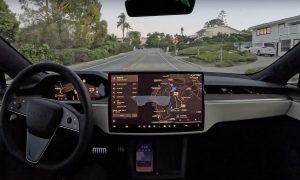Volkswagen Auto Group missed its sales goals for the ID. family of vehicles in China in 2021 by around 12 percent. Following the sub-par performance, mostly driven by the semiconductor chip shortage, the German automaker is pledging to double sales in 2022, despite the industry’s outlook remaining relatively unchanged for the new year.
VW reported that it sold 70,625 units of ID. family electric vehicles in 2021 in China. The ID. family of vehicles operate on Volkwagen’s modular electric drive matrix, or MEB. The architecture essentially acts as the vehicle’s brain, controlling everything from infotainment to automotive operations.
Volkswagen’s ID. family of EVs hits production speed bump due to chip shortage
Despite over 70,000 units of its ID. vehicles sold in China, this was below the 80,000 to 100,000 vehicle sales goal that VW had committed to for 2021. Chip shortages essentially spoiled Volkswagen’s chance to reach its sales targets, and the company’s head of its China operations, Stephan Wollenstein, believes the German automaker can reach its goals for 2022, despite the semiconductor chip outlook still seeming grim for the future.
Volkswagen wants to obviously reach its lofty sales goals for 2022, but its production capacity is “is not currently secured by the semiconductor supplies that we currently see,” Wollenstein said in a briefing, according to Reuters. Despite this, he also stated that he was “pretty positive that we will see a doubling of actual sales.”
As a whole, Volkswagen wants to expand its China sales by around 15 percent. It sold 3.3 million cars in China last year across each of its brands. This would recover total sales to 2020 levels, as 2021 sales dropped 14 percent compared to the year prior.
Semiconductor shortages plagued nearly every car company in the world, with the exception of one: Tesla. Tesla said teams had been “designing, developing, and validating” new, in-house microcontrollers that could quickly be modified to perform various tasks. A Tesla engineer detailed the company’s strategy with chips and stated that the versatility of the chips and how fellow team members could modify them quickly really helped the company avert the entire crisis. “We design circuit boards by ourselves, which allow us to modify their design quickly to accommodate alternative chips like powerchips,” the employee told Reuters.
Other car companies were forced to cut back on production, apply lengthy delivery timeframes to their vehicles, and sometimes place hefty markups on vehicles to effectively put customers into a tricky situation, sometimes sacrificing tens of thousands of dollars over sticker price to obtain a car. This issue was a global one.
However, China is the world’s largest automotive market and one of the most heavily concentrated EV hotspots globally. Volkswagen is not a main contributor, especially as Tesla delivered just 23 fewer vehicles in December than Volkswagen did in all of 2021. Tesla is the third best-selling carmaker in China, behind BYD and GM-associated Wuling.
I’d love to hear from you! If you have any comments, concerns, or questions, please email me at joey@teslarati.com. You can also reach me on Twitter @KlenderJoey, or if you have news tips, you can email us at tips@teslarati.com.

